The Battle of Lorraine or Invasion of Lorraine was a major goal of the French strategy during the war against the Germans. The invasion and retaking of Lorraine stretched back to the Franco-Prussian War when the French lost Alsace and Lorraine to Prussia.
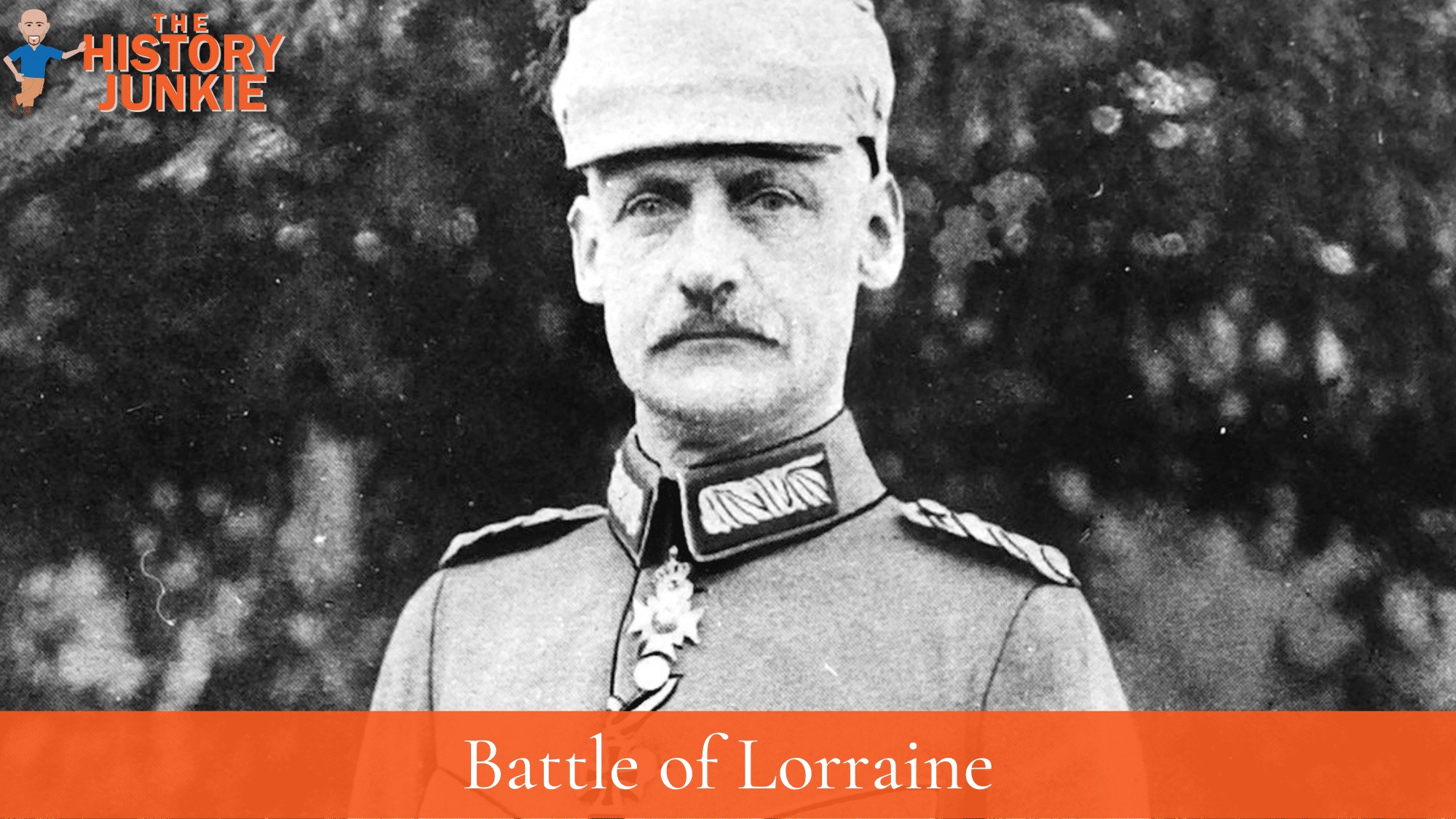
The plan to attack and take Lorraine was based on the French offensive strategy called Plan XVII.
The resentment harbored towards Germany from France for these losses was noticed by the Germans and was factored into the Schlieffen Plan. The Germans knew that if they were to begin an invasion, the French would not waste time trying to reclaim lost land.
Jump to:
Background
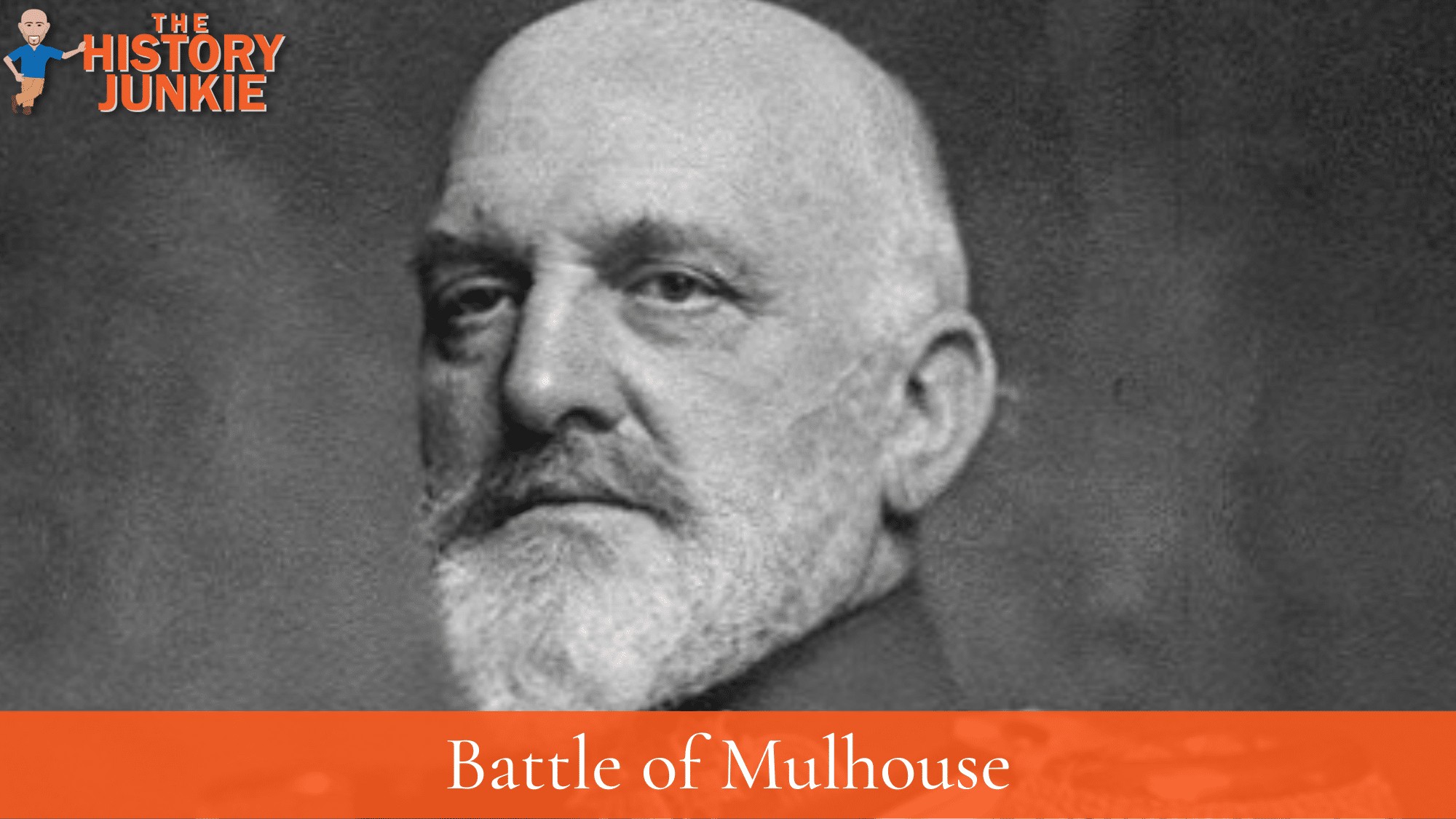
The Invasion of Lorraine was part of the Battle of the Frontiers and took place after the failed offensive at the Battle of Mulhouse.
On August 14, 1914 (two days after the Battle of Haelen), the French entered the city of Lorraine with their First and Second Armies.
The French commander, General Auguste Dubail, led the French First Army and planned to take a well-defended town called Sarrebourg.
General Noel de Castelnau's Second Army had the task of taking Morhange, which was another well-defended town.
The Crown Prince Rupprecht of Bavaria would prepare his defenses in order to hold back the French. Under his command were the German Sixth Army and the German Seventh Army.
The Fighting
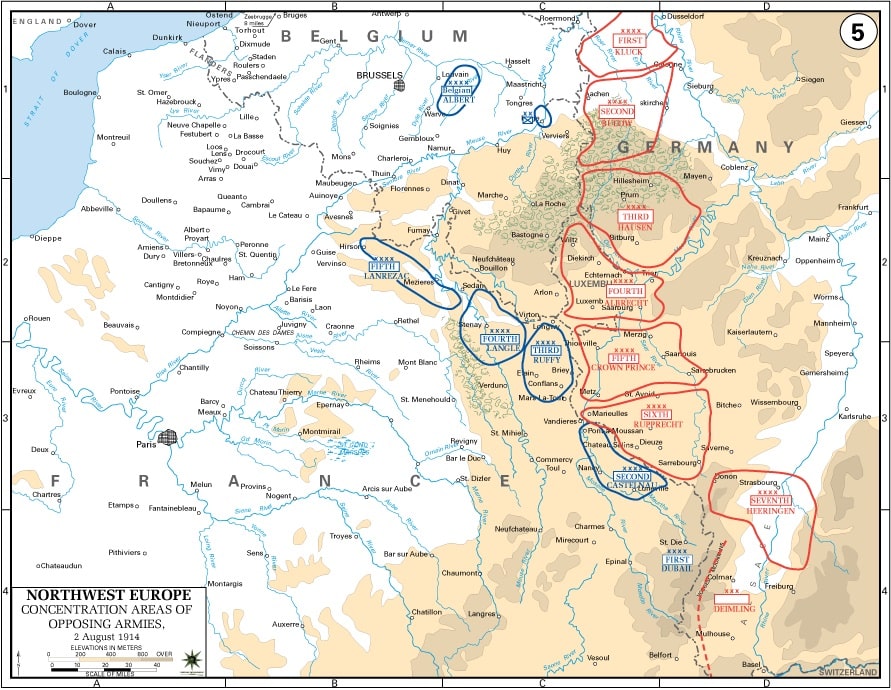
The Crown Prince planned a unique strategy similar to what Daniel Morgan did in the Battle of Cowpens.
He planned to use the French aggression against them by retreating at the height of the French attack in order to allow the French army to follow them into a well-defended position. Once the French were lured into this position, he would launch a counter-attack that would give the defenders an advantage and the attackers a disadvantage.
The strategy worked, and the French attacked aggressively. They followed Rupprecht into a well-defended defense where they came under intense machine gun fire and heavy artillery.
Once he knew the French were in a precarious situation, Rupprecht requested that the Chief of Staff Helmuth con Moltke authorize a counter-attack that would drive the French back to Nancy. Moltke agreed.
A German counter-attack on August 20, 1914, forced separate battles on the French armies, which were defeated and retreated in disorder.
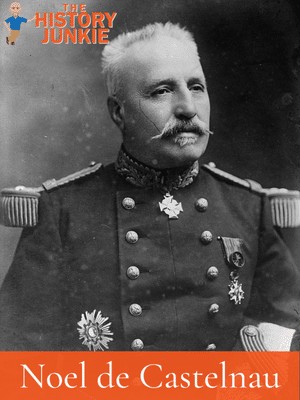
The German pursuit was slow, and French General Noel de Castelnau was able to occupy positions east of Nancy and extend the right wing towards the south to regain touch with the First Army.
On August 22, the right flank was attacked and driven back 16 miles from the position where the offensive had begun on August 14.
The First Army withdrew but managed to maintain contact with the Second Army.
French Commander of the XX Corps, Ferdinand Foch, did well during the retreat. He covered the retreating French and then launched a counter-attack that prevented the Germans from crossing the River Meurthe.
The French had failed to retake their lost territory from the Franco-Prussian War.
French Commander-in-Chief Joseph Joffre noticed that there were gaps appearing between the French armies. Instead of going through another crushing defeat, he withdrew the Army of Alsace from the area, which lowered the morale that had been gained after retaking Mulhouse.
By August 22, the First and Second Armies were back in French territory.
The Germans began preparing for another attack through Trouee des Charmes, but excellent use of primitive aircraft helped the French see the German buildup and plan their defenses accordingly.
When the Germans attacked on August 24, the French were ready, and German gains were minimal.
The Crown Prince continued his offense but to no avail. He wasted his men that could have been better used at the First Battle of the Marne.
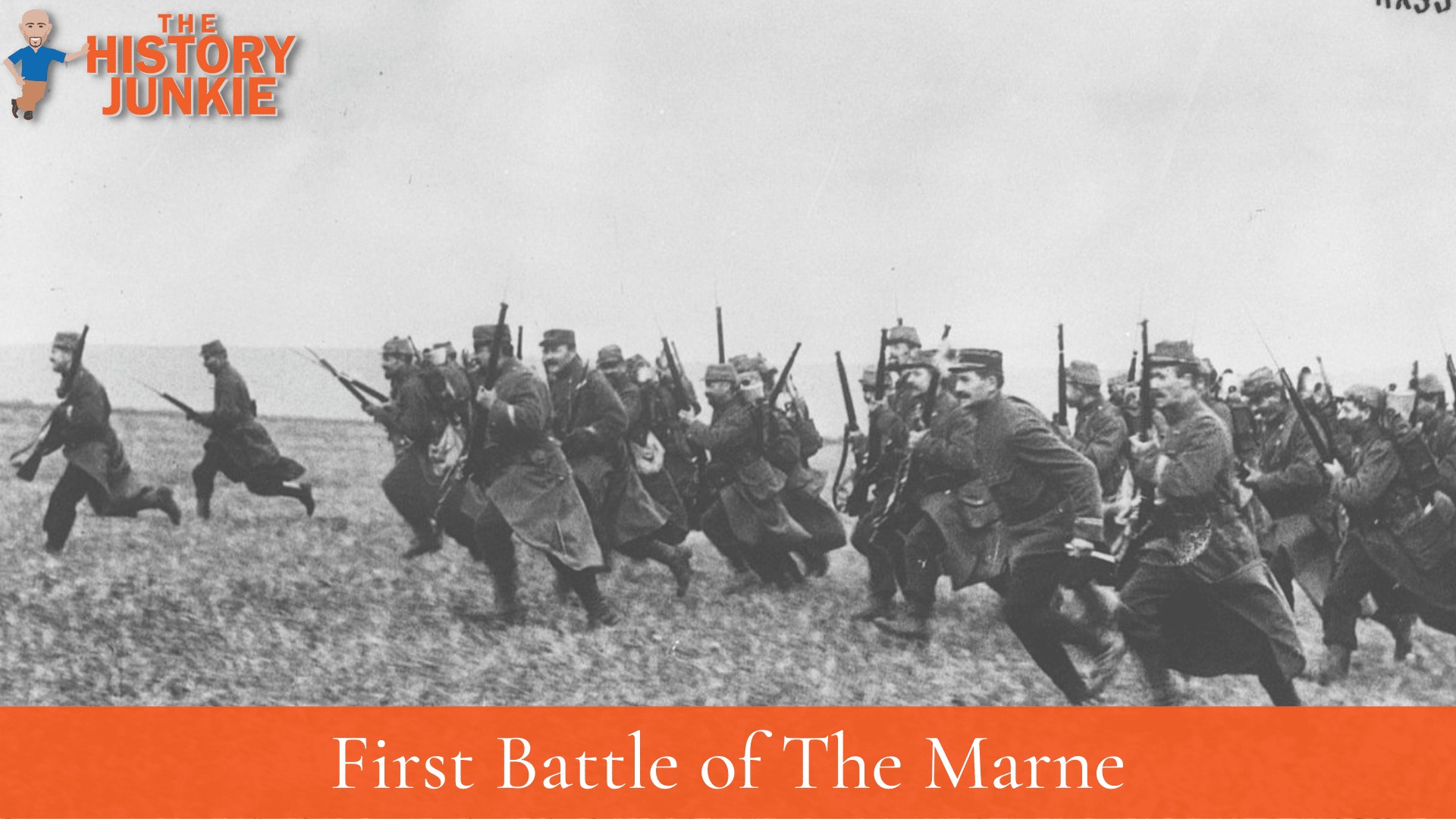
The total number of casualties in this battle was 66,500.
Conclusion
The Battle of Lorraine had two effects that neither country wanted.
The French morale after the loss was low. After celebrating during the Battle of Mulhouse, they were forced to give up their gains in order to survive.
The Germans were too aggressive towards the end of the Battle of Lorraine when the French were in an excellent defensive position. This cost them more men than needed and for little gain. These losses would hurt the Germans when the French attacked later.
